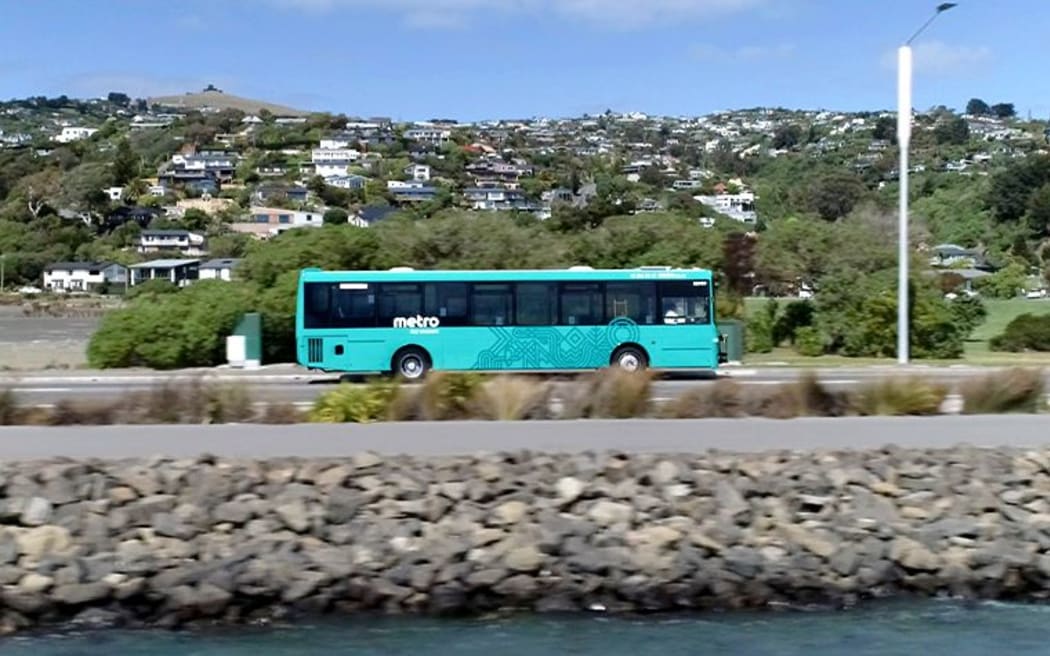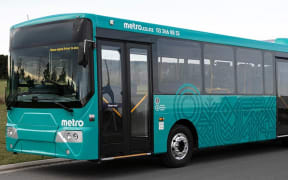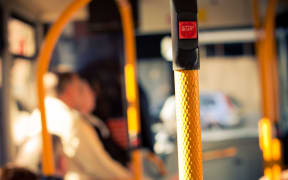
Photo: Environment Canterbury
Cheaper public transport in Christchurch meant more people on lower incomes had more money for everyday essentials, including food, a new study shows.
Researchers at the city's Otago University campus surveyed more than 370 people, comprising of public housing tenants and senior residents, all of whom faced "transport difficulty".
Half price bus fares ran for 14 months in Christchurch before ending in June 2023.
The scheme reduced an adult single fare zone in Christchurch to $1.30 with a MetroCard, or $2.10 cash.
Other centres around the country phased out half price fares year, including in both Auckland and Wellington where it was wrapped up in July and September, respectively.
The study found almost half of participants were able to afford additional trips, with more than a third able to spend money on food and other essentials as a result.
Dr Angela Curl, a senior lecturer at Otago's Department of Population Health, said research found those experiencing "transport poverty" benefited in terms of accessibility and easing financial stress.
"We know that public housing residents, including those in our study, experience transport difficulties related to affordability and accessibility, with Statistics New Zealand figures showing the lowest income households spend more than a quarter of their incomes on transport," she said.
"Our findings show that for many who live in public housing, access to reduced fares on public transport reduces their financial stress, gives them the ability to get to places they need, removes anxiety, and improves their wellbeing and social contact."
Participants were asked about awareness, use and impact of half price bus fares.
An earlier Waka Kotahi report, Impact of Half-Price Public Transport Fares - A Research Note, published in February 2022 showed bus patronage in Wellington and Christchurch matched 2019 rates, but largely remained below pre-Covid-19 levels even since the introduction of half price fares.
But the report said people who already relied on public transport, like city dwellers, people with disabilities, and those without cars, were benefiting from cheaper fares by saving money and choosing to travel more often.
In the Otago University study, 45 percent of public housing respondents stated half price fares had allowed them to make a trip they would otherwise have been unable to take, compared to 16 percent of other respondents.
Thirty-six percent said they had been able to spend money on other things such as food due to cheaper fares, compared to 8 percent of other participants.
A quarter indicated they would not have taken their most recent trip if paying a full price fare.
Curl said most interviewees indicated making use of half price fares while they were available.
"As well as the obvious financial benefits, respondents told us that half price fares allowed them to travel greater distances, explore more of the city and spend more time out and about without having to try and get home within a two hour free transfer period or during concessionary fare time periods.
"Mental health benefits were reported too, with participants stating they able to see friends and family more often, with one saying they were able to make new friends on the bus, while another said he'd been able to take up a voluntary role he'd previously been unable to afford to get to."
Elsewhere, some said travelling by bus also removed anxieties about "driving, being stuck in traffic, or unable to find parking".
Other respondents said they did not make use of half price fares because of a lack of appropriate mental health support on buses, while some expressed concern of becoming too reliant on them, only for fares to increase again.




